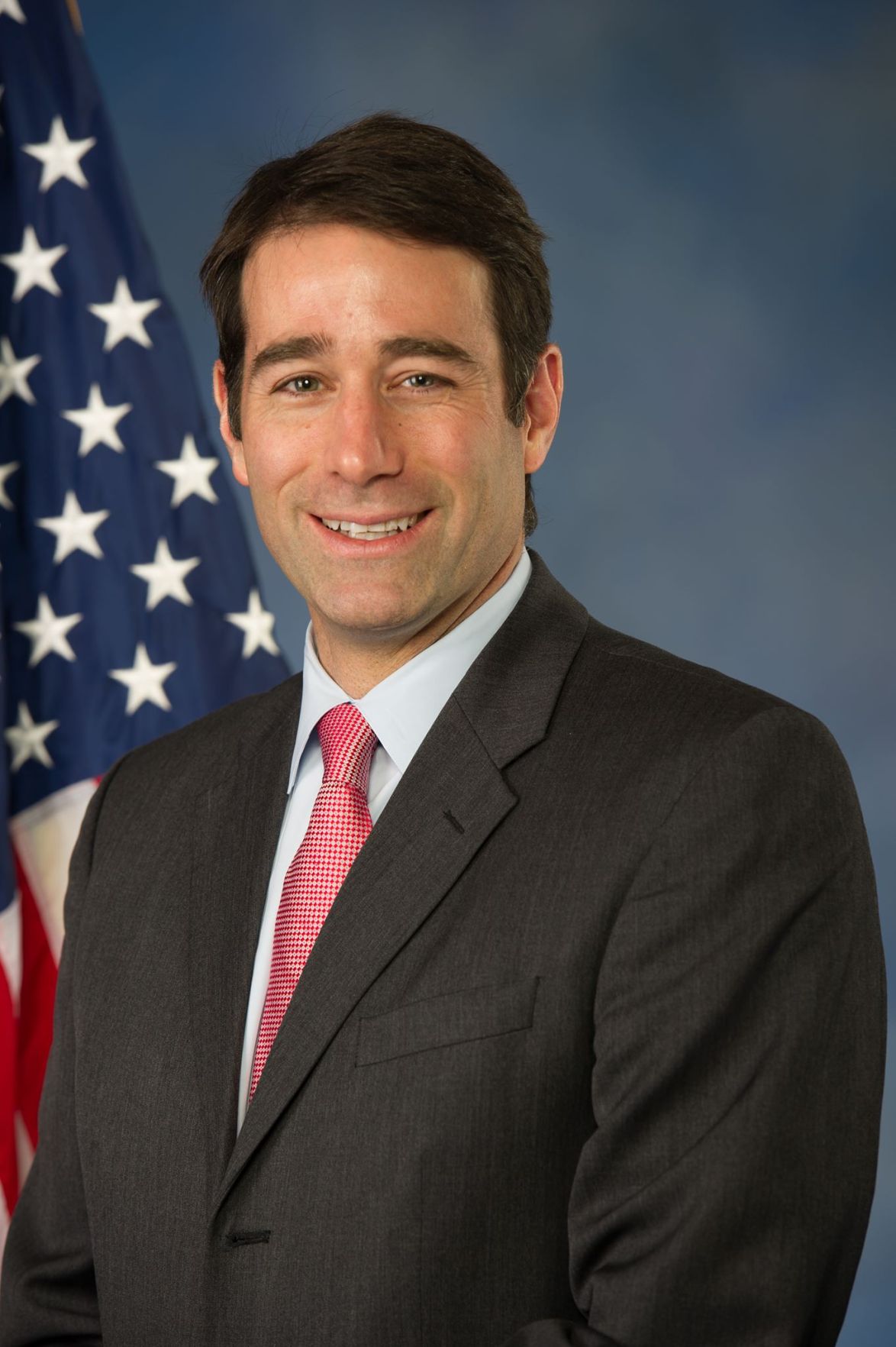
PLAYER OF THE WEEK
November 11, 2015
Terrebonne sheriff’s federal grant records questioned
November 11, 2015Legislators plan to pay for three mammoth bills moving through the U.S. Congress by selling off a large portion of the country’s Strategic Petroleum Reserve, a move that one member of the Bayou Delegation opposes.
Legislators in both houses have approved legislation that would sell off 239 million barrels of crude oil between 2018 and 2025. That represents just more than 34 percent of the total 695 million barrels the SPR maintained as of Oct. 30.
More than 100 million barrels will help stabilize the Federal Highway Fund, which faces insolvency early next year if congress doesn’t agree on a long-term fix. Developing a Reliable and Innovative Vision for the Economy, or the DRIVE Act, has passed both houses and was waiting on last minute approvals by the House of Representatives before being submitted to President Barrack Obama for his signature.
The sale of a total of 80 million barrels would be used to offset the cost of funding the 21st Century Cures Act, a massive overhaul of regulations the Department of Health and Human Services imposes on research to cure disease that the Congressional Budget Office estimates will cost $106 billion between 2016 and 2020.
The sale of the oil will also avert a government shutdown this year with 58 million barrels sold to pay for the Bipartisan Budget Act of 2015. As well as keeping the gears of government turning through the year, the law changes Internal Revenue Service rules on business partnerships with less than 10 partners, among other things. President Obama signed the bill into law on Nov. 2.
“But then one of the things that’s just idiotic is that we bought this oil at an average of $74 a barrel,” U.S. Rep. Garret Graves said. “They’re talking about selling it, effectively, for about $44 a barrel and then they’re going to give themselves credit on the budget books for selling it at $90 a barrel. The whole thing’s just fictional.”
According to the Department of Energy Office of Fossil Energy, the federal government paid an average of $29.70 per barrel of oil in the SPR.
Those who work in the oil industry shouldn’t worry about the sale of national oil reserves affecting the price of oil. According to the U.S. Energy Information Administration, the U.S. consumed 6.97 billion barrels of petroleum products in 2014, an average of about 19.11 million barrels per day.
Baton Rouge energy economist and Louisiana State University professor Loren Scott says a couple hundred million barrels is a drop in the bucket compared to what Americans consume, especially because the reserves will be sold over time.
The purpose of the Strategic Petroleum Reserve is to have on hand enough oil to supply the country’s energy needs for 90 days in the event of a worldwide disruption in oil supply, like what happened during the 1970s.
Scott says the U.S. has dramatically increased domestic oil production thanks to the shale boom.
“One of the reasons they feel better is probably because we’re not near as dependent in imported oil as we used to be,” Scott said.
Sales of oil from the strategic reserve have happened before, one example being the sale of 21 million barrels for Operation Desert Storm in Iraq in 1990 and 1991. This sale would be the largest drawdown of the SPR in history, though.
Calls to U.S. Rep. Steve Scalise, who is a member of the House of Representatives Energy and Commerce Committee, were not returned. •










